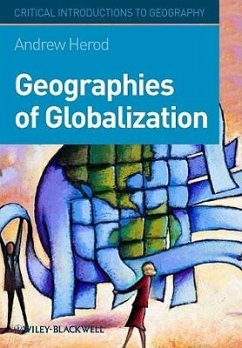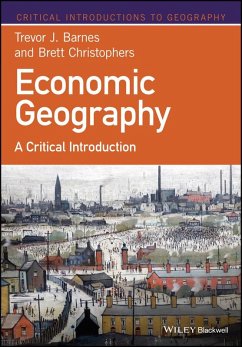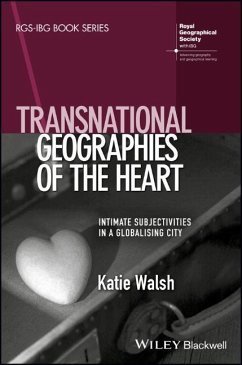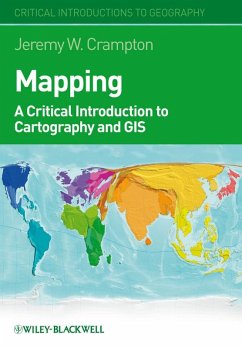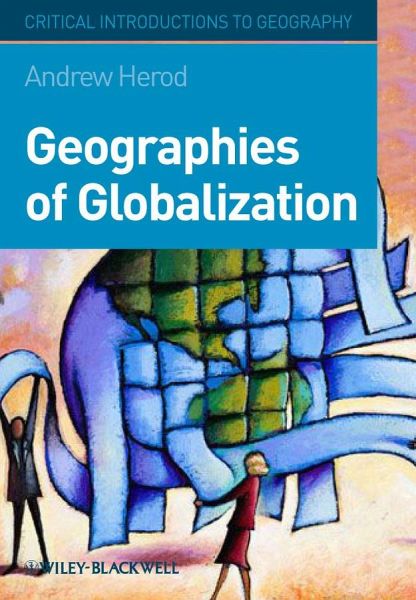
Geographies of Globalization
A Critical Introduction

PAYBACK Punkte
25 °P sammeln!
Challenging such neoliberal assumptions as the "death of distance" and suggestions that geography no longer matters within a shrinking globe, Geographies of Globalization is a critical introduction to the concepts and realities surrounding what has become the leitmotif of our contemporary world.
Exploring a wide range of issues, from the integration of the world economy to how contemporary processes are shaping and shaped by nation-states and how workers are organizing transnationally in response to transformations in the planet's economic geography, Geographies of Globalization is a critical examination of what has become the leitmotif of our contemporary world.
Challenges neoliberal assumptions on the nature of globalization
Provides a conceptual overview of how globalization is a spatial process and of its relation to capitalism
Explores whether we are in fact living in a more 'globalized' world or only in a more 'internationalized' one
Considers arguments concerning whether 'globalization' is a new phenomenon or simply the latest manifestation of processes many hundreds of years in the making
Focuses on how nation-states have shaped, and been shaped by, contemporary processes of 'globalization', how 'globalization' has been imagined discursively, and how workers are responding to such processes
Explores how workers are creating new organizing strategies in response to 'globalization'
Challenges neoliberal assumptions on the nature of globalization
Provides a conceptual overview of how globalization is a spatial process and of its relation to capitalism
Explores whether we are in fact living in a more 'globalized' world or only in a more 'internationalized' one
Considers arguments concerning whether 'globalization' is a new phenomenon or simply the latest manifestation of processes many hundreds of years in the making
Focuses on how nation-states have shaped, and been shaped by, contemporary processes of 'globalization', how 'globalization' has been imagined discursively, and how workers are responding to such processes
Explores how workers are creating new organizing strategies in response to 'globalization'



